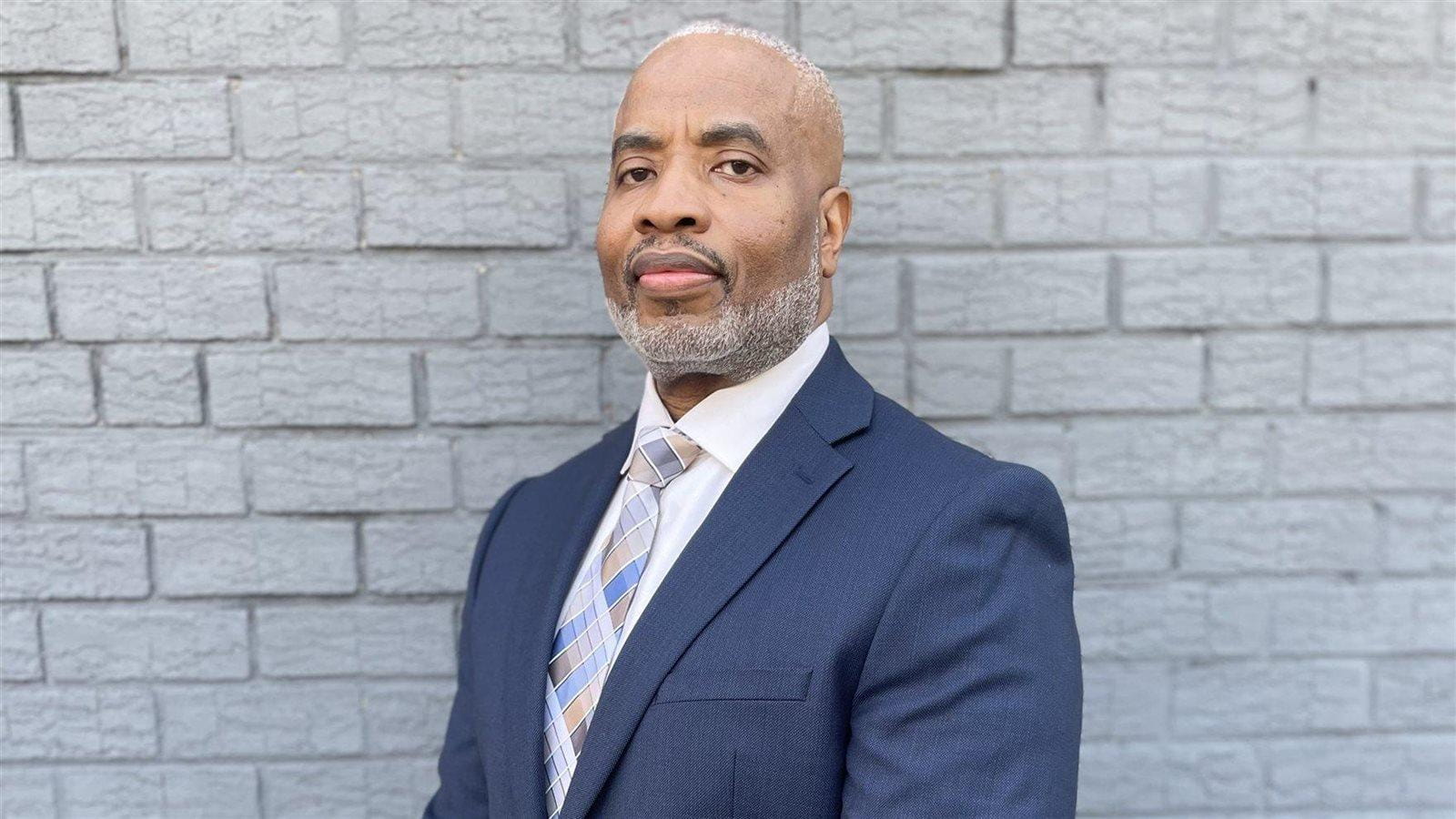Q&A: Mel Singleton on Leading Drexel University's Department of Public Safety

Melvin "Mel" Singleton Jr.
Melvin “Mel” Singleton Jr. is now leading the Drexel University Department of Public Safety, and he wants to improve the relationship and connectivity between the community and the police. In his new role as vice president of Public Safety and chief of police, Singleton’s goal is to get Drexel and the surrounding community involved to make the neighborhood on and around campus safer together.
Singleton was with the City of Philadelphia Police Department for 28 years, which included three separate assignments in the 16th and 19th Districts, as an officer, sergeant and captain, respectively. Most recently, he was second-in-command to the commissioner as the First Deputy Police Commissioner before he retired for a short time, but realized he wasn’t done with policing. On Nov. 14, he joined Drexel. In this Q&A, Singleton discussed what brought him to the job as well as what his goals are as the leader of the Department of Public Safety.
What drew you to the job at Drexel?
Drexel is a renowned University with a commitment to civic engagement. I learned about Drexel’s equity and inclusive culture imperative and that the University wants students to be engaged with the surrounding community. It is clear that Drexel wanted deeper connections with the community, which is something that I am about in terms of policing. I think in a lot of police departments, community policing is a specialized task, and I believe it's every officer's job to engage and be involved with the community.
What’s your vision for the Department of Public Safety at Drexel?
The last three years or so have been rough on police officers. One of my first tasks is to get to know my officers and provide them with additional resources to promote their health and well-being.
They are more than police officers, they are mothers and fathers, sons and daughters, and I want to help keep them healthy. I want to institute peer-to-peer mentoring and pair up older officers with younger ones. Sergeants need to be trained to do regular mental health checks on officers. The goal is that we’re all healthy so we can properly service the public community. A healthy officer is very good for the public. Within the culture of policing, many don’t ask for help out of fear that it may be looked at as a sign of weakness. I'm trying to be very vocal about removing that stigma and making sure that Drexel police officers understand that everyone is impacted by the daily stresses of police work.
I have three pillars that I'm going to be working on in terms of strategic planning:
The first is the excellence of the Department of Public Safety and Police Department. We're going to improve our service to the communities we serve.
The second pillar is community connectivity, engagement and inclusion. We need to be connecting with the community, engaging with them and including them.
The third pillar is crime prevention and safety. We have to make sure that folks are safe around campus and in the communities that we serve. We need to go deeper in our engagement with the community and allow officers to have time to establish problem solving partnerships with the community. When I was the captain of the 19th district, I found there's nothing more powerful than when the community and police work together to get something done. As officers, we need to get out of our cars to engage and talk to store owners and the community, so we have an opportunity to positively engage folks on topics that aren’t police related. We have to form those relationships and have those lines of communication open.
What changes will be made to the police department?
I’m currently assessing things and know there is a lot of work to be done, as advised by the 21CP Solutions Report and the Public Safety Oversight Committee. One of the things I read in the report is that many felt like the Drexel Police Department was not a part of the Drexel community. This needs to change because we are very much a part of the community. We can start by introducing ourselves, being willing to have conversations, making sure that we make ourselves available as a resource to the community and letting people know what we do.
Preparedness is also big. We need to make sure we’re ready for anything that may occur within our boundaries. We need to train often and, at the same time, educate students on how they can stay safe.
We recently began using body cameras, and that allows for accurate documentation. Cameras will allow us to have an accurate record of what happened in various instances.
How does strengthening relationships in the community help to support public safety?
I believe in a deeper connection with community, with the on-campus students, faculty and professional staff, and the surrounding residents. I'm making sure that officers are well-versed in social justice and procedural justice, which is about listening, being fair, being respectful and explaining what you're doing. Transparency is very important.
Civic engagement in the community helps protect us all. Training is a part of that, but we also need to increase the number of police officers on our force. There are a lot of buildings going up around campus and the population is going to grow. Increasing the number of our police officers will help us engage the community properly.
As students move further away from the actual campus boundaries, getting to know the community is further protection. It's a force multiplier. Information sharing is invaluable.
When I was in the 19th, we cleaned up blocks and trash-strewn lots and drug dealing on the corners, and we worked with the community to find out what it was they wanted. That’s what made it powerful. I think that’s the concept we have to follow on campus. I would like to hear from the students, faculty and professional staff about what they want from the police.
How will you connect with the community both in and around Drexel?
I started by meeting with the Drexel Public Safety Oversight Committee, which includes representation from students, faculty, professional staff and local residents. I plan on using this committee as a resource when we’re addressing an issue.
I know that there are student groups that I need to meet with and learn from because for me, it's about learning what stakeholders want from us, and I can incorporate that into my action plan. It is important that I hear from a cross section of all the voices and get their input.
What have your first months on the job been like?
I spent my first weeks at Drexel meeting with members of the University community. I have met some incredible people! It's definitely been a “hit the ground running” situation as I translate my years of municipal policing onto a college campus.
Police work comes down to prevention, safety, preparedness and making sure that we're out here to keep our entire community safe.
In This Article
Drexel News is produced by
University Marketing and Communications.

